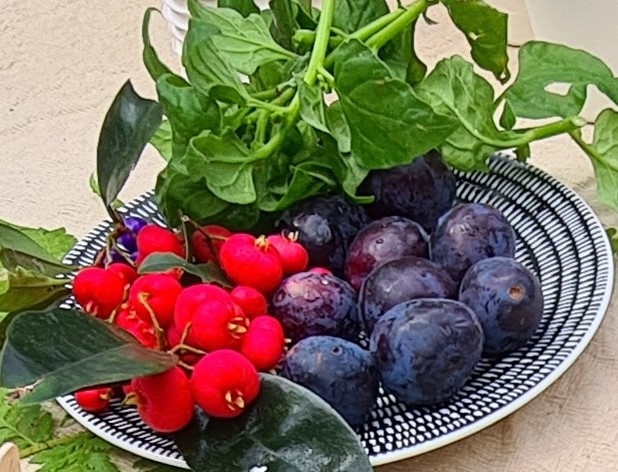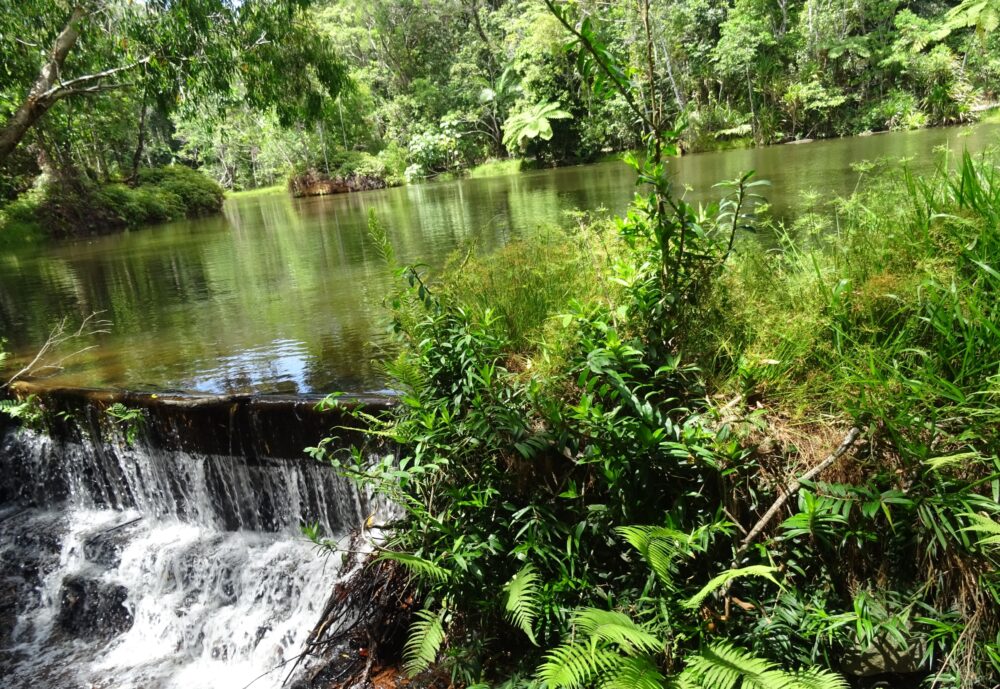By Neena Bhandari
Sydney, 19.02.2024 (SciDev.Net): Innovations in rice production and eco-friendly practises must be made viable for small-scale farmers in the global South in the face of climate threats, says Yvonne Pinto, incoming head of the International Rice Research Institute (IRRI).
Relied upon by more than half of the world’s population for nearly 80 per cent of their dietary needs, rice is pivotal to ensuring global food security, with consumption increasing even as the climate crisis jeopardises production and the livelihoods of millions of people.
About 520.4 million metric tonnes were consumed worldwide in the 2022-23 crop year, up by almost a quarter from 437.2 million metric tonnes in the crop year 2008-2009, according to the data platform Statista. The Food and Agriculture Organization says developing countries produce and consume about 95 per cent of the global rice output.


